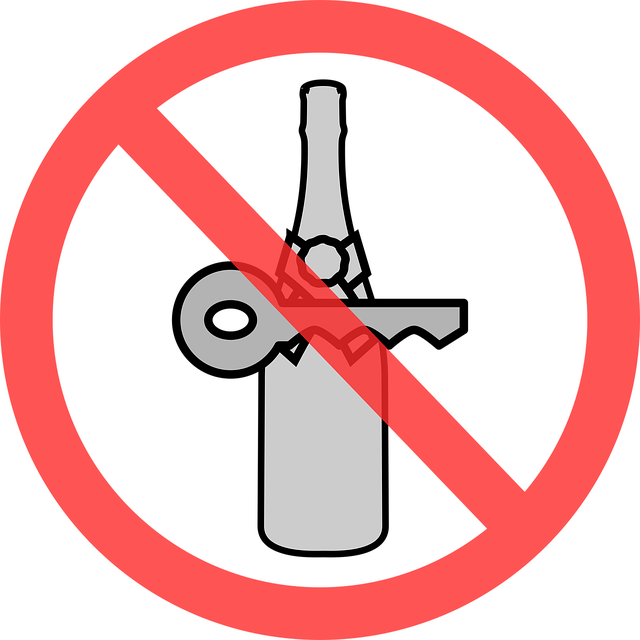Stringent 'zero tolerance' laws and management for high-risk reoffenders with DUI history are vital for public safety. This involves harsh penalties, mandatory treatment, monitoring, community education, enhanced law enforcement, and alternatives to impaired driving to deter recidivism and reduce road accidents caused by drug-impaired drivers.
- Understanding Drug-Impaired Driving Laws
- Identifying High-Risk Reoffenders
- Effective DUI Management Strategies
Understanding Drug-Impaired Driving Laws

Drug-impairment driving laws are designed to protect public safety by preventing individuals under the influence of drugs or alcohol from operating vehicles. These strict regulations, often referred to as ‘zero tolerance’ policies, have become a cornerstone in many jurisdictions worldwide. Understanding these laws is crucial for both drivers and law enforcement alike.
In the context of high-risk reoffenders, effective DUI management involves stringent enforcement and robust rehabilitation programs. Such measures aim to deter potential offenders and ensure that those convicted face significant consequences. By implementing these policies, societies can strive towards reducing road accidents caused by drug-impaired driving, ultimately saving lives and fostering safer communities.
Identifying High-Risk Reoffenders

Identifying high-risk reoffenders is a critical aspect of drug-impaired driving zero-tolerance policies. These individuals pose a significant threat to public safety due to their history of repeat DUI offenses or other dangerous behaviors behind the wheel. Law enforcement agencies and courts can play a pivotal role in recognizing and addressing these high-risk drivers through stringent sentencing, mandatory treatment programs, and ongoing monitoring.
Effective DUI management for high-risk reoffenders involves a multi-faceted approach. This includes enhanced penalties such as longer license suspensions, fines, or even imprisonment to deter further impairment-related driving. Additionally, mandating participation in rehabilitation programs focused on substance abuse treatment and driver’s education can help address the underlying causes of their behavior. Continuous tracking through interagency data sharing ensures that these individuals remain accountable and are quickly identified if they reoffend.
Effective DUI Management Strategies

Effective DUI management strategies are essential in combating drug-impaired driving, especially among high-risk reoffenders. One key approach is implementing stringent laws and penalties to deter potential offenders. This includes harsher sentences, license suspensions, and increased fines, which serve as powerful disincentives. Additionally, community-based programs that focus on education and awareness can play a significant role. These programs target at-risk youth and individuals with substance abuse issues, teaching them about the dangers of driving under the influence.
Another effective strategy is enhancing law enforcement capabilities. This involves training officers to identify signs of drug impairment more accurately and utilizing advanced technology for field sobriety tests. Furthermore, promoting public transportation alternatives and designated driver programs can help reduce the number of vehicles operated by impaired individuals. By combining these management strategies, communities can create a safer environment and significantly decrease recidivism rates among high-risk reoffenders.
Drug-impaired driving is a serious issue that demands zero tolerance. By understanding the laws, identifying high-risk reoffenders, and implementing effective DUI management strategies, we can significantly reduce road dangers. Targeting at-risk individuals and adopting comprehensive prevention methods are key to fostering safer communities. This approach ensures that everyone on the road is protected from the devastating consequences of drug-impaired driving.






